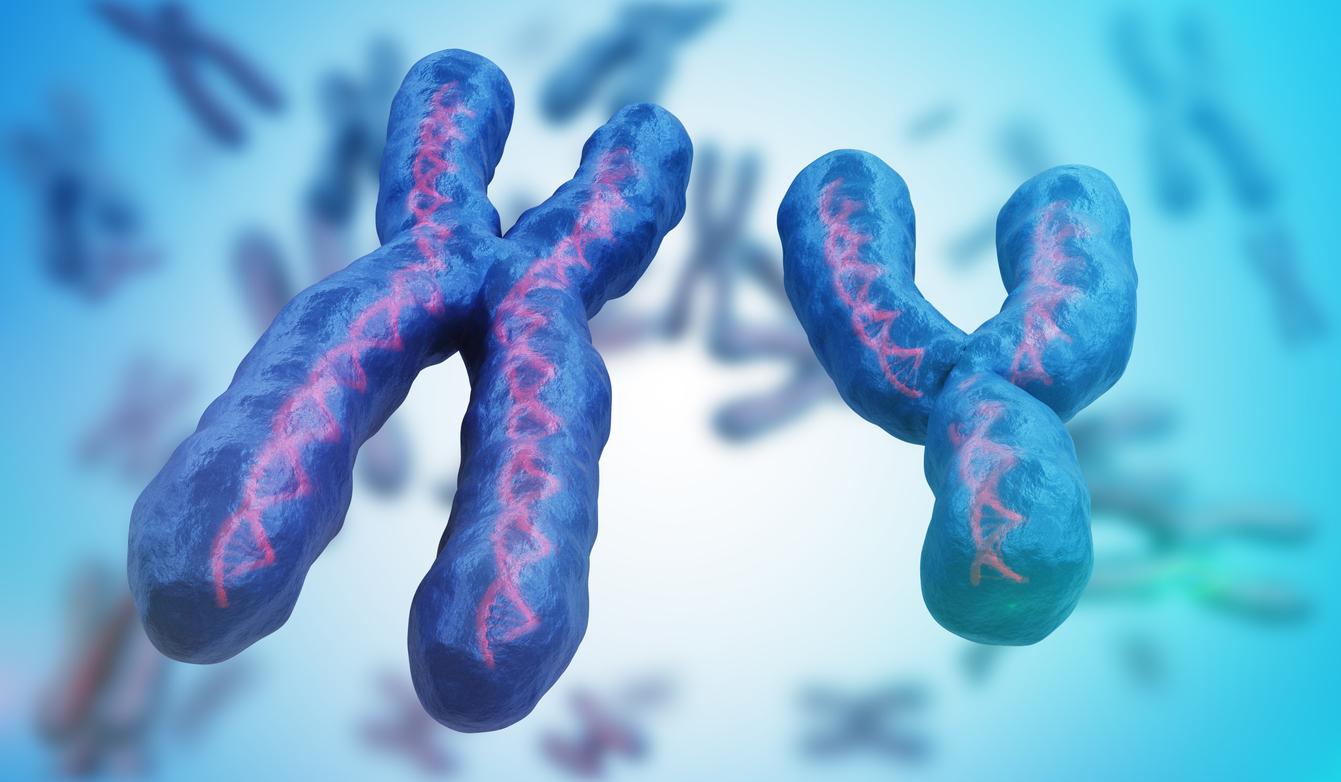Parents of autistic children are often plagued by feelings of guilt and doubt. They wonder if they did something wrong or if they could have done something differently to avoid their child’s communication and socialization difficulties.

- When their child is diagnosed with autism, many parents feel responsible and think that the disorder may be linked to their behavior.
- Since the theses put forward by psychoanalysts have been rejected, it has been demonstrated that parental attitude is never the cause of a child’s autism.
- By feeling wrongly guilty, parents also risk making their child’s situation worse.
In our society where the pressures on parents are already considerable, it is essential to close this debate once and for all: no, your autistic child’s difficulties are not your fault. Guilt-freeing must become the watchword to allow parents to focus on what really matters: the well-being and development of their child.
The causes of autism are still largely unknown
Autism is a neurodevelopmental disorder that affects communication, social interaction, and behavior. It is a complex condition that varies greatly from one individual to another. The causes of autism are multiple and still largely unknown, but research points to a combination of genetic and environmental factors. It is crucial to understand that autism is not caused by poor parenting or specific parental actions. Blaming parents for their child’s difficulties is a profound misunderstanding of the condition.
Guilt, an unnecessary burden
Blaming yourself for the challenges your autistic child faces is not only unhelpful but also counterproductive. Guilt can lead to stress, anxiety and a loss of self-confidence, which in turn can affect the quality of care and support that parents are able to provide to their child. It is crucial to transform this feeling of guilt into constructive energy, oriented towards guidance and support.
Professionals, essential allies
Rather than getting bogged down in guilt, parents should turn to health professionals for advice and tailored interventions. Pediatricians, psychologists, speech therapists, and special educators can offer tools and strategies to help children develop communication and social interaction skills. These professionals are valuable allies who can help structure personalized and effective action plans.
Promote communication
Communication difficulties are a central aspect of autism. Rather than seeing this as a parenting failure, it is important to understand that there are many ways to help an autistic child express themselves. Visual aids, such as pictograms and communication boards, can greatly facilitate exchanges. Encouraging all forms of communication, whether verbal or non-verbal, is essential. Each attempt at communication should be valued and encouraged, as it represents an important step towards better mutual understanding.
Creating a safe environment for the autistic child
A calm, structured, and predictable environment can help reduce anxiety and foster interactions in children with autism. Parents can help create this environment by establishing clear routines, avoiding excessive sensory stimuli, and being patient and understanding. Providing spaces for children to retreat to calm down and recharge is also crucial.
The importance of information and support
Educating and learning about autism is a crucial step for parents. Participating in support groups, workshops, and trainings can provide valuable tools and a space to share with other parents experiencing similar situations. Access to reliable resources and information allows you to better understand your child’s challenges and needs, and to act accordingly.
















